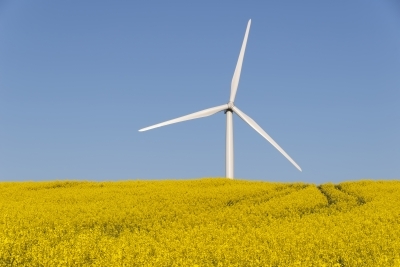Renewable Energy
 One of the biggest challenges for people to overcome in their aim to live sustainably is the issue of fossil fuels. Humans have become very reliant on using fossil fuels to generate electricity for our homes, schools and businesses and to power the vehicles that we rely on.
One of the biggest challenges for people to overcome in their aim to live sustainably is the issue of fossil fuels. Humans have become very reliant on using fossil fuels to generate electricity for our homes, schools and businesses and to power the vehicles that we rely on.
Coal, oil and natural gas are known as fossil fuels because they were created millions of years ago from the fossilised remains of organic material such as plants and animals. Over hundreds of millions of years, heat and pressure turned these remains into the coal, oil and gas that we use today. They took so long to form that they are a finite resource, meaning they will one day run out before there is time to replace them. Carbon dioxide and other harmful emissions are produced from burning fossil fuels and these are contributing to climate change. If we don’t stop burning these fuels, the damage caused will be irreversible.
Renewable energy sources seem to be the sustainable solution to this problem. By harnessing the power of the wind, waves, tides and sun, it is possible to generate power from sources that will not run out. Alternatives to fossilised crude oil also exist, such as vegetable oils grown from renewable crops.
Although these sources of energy are not without their own problems, they do promise a cleaner future for electricity generation as well as one that will last into the future. For more information about renewable energy sources, have a look at our lesson plans.
Read More: Eating More Sustainably